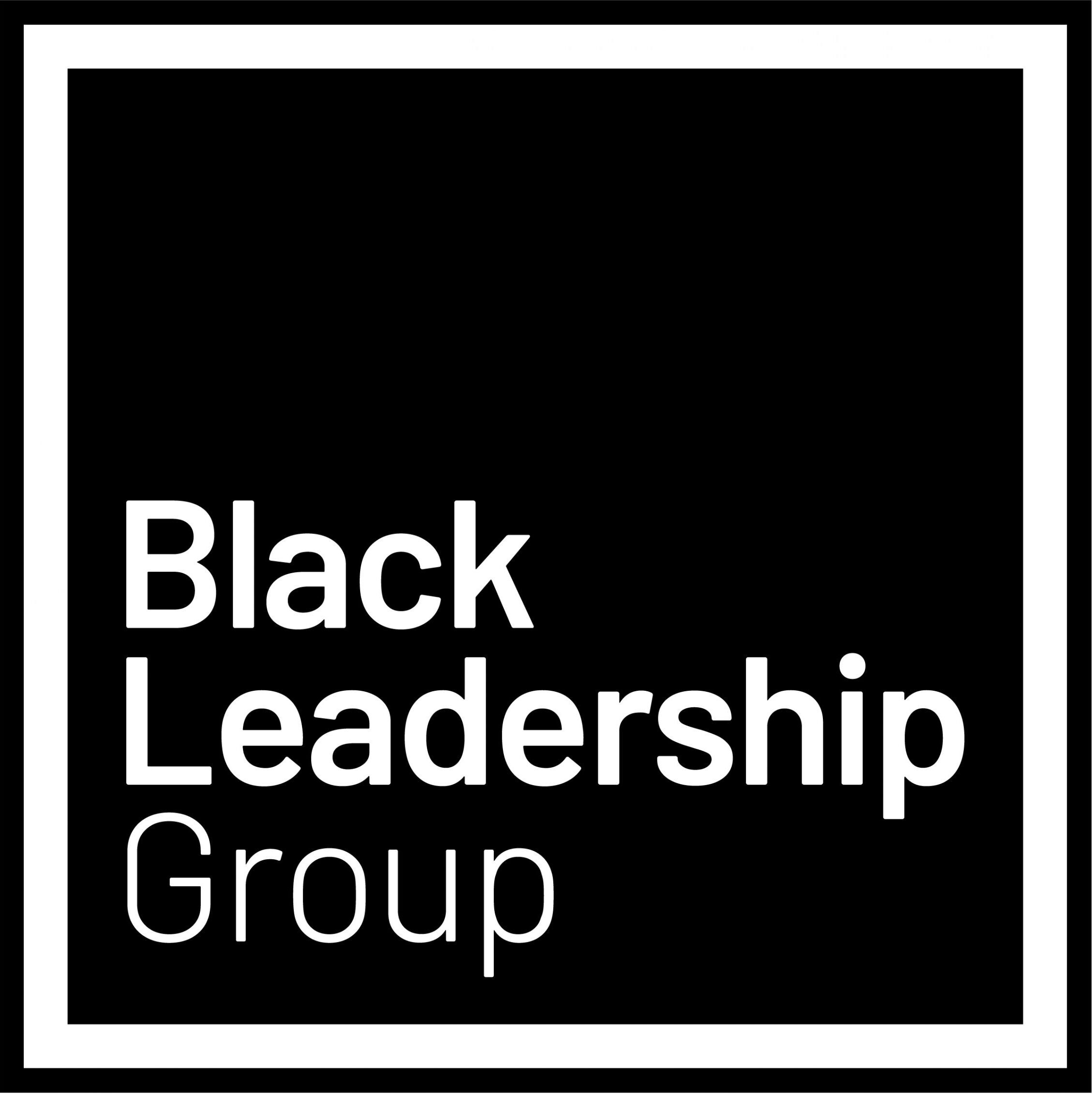Lack of representation of Black communities in London’s FE workforce is ‘so stark’ – Deputy Mayor at crisis summit
Scroll down to view the report
Press release
For immediate release, 14 June 2024
Leaders in anti-racism convened a crisis summit today to address the ‘stark’ under-representation of Black* people in leadership and teaching positions in London’s further education sector.
London’s Deputy Mayor for Business, Howard Dawber, and representatives from FE bodies, the CIPD (Chartered Institute for Personnel and Development) and colleges across the capital joined this morning’s online gathering as new Government figures revealed wide discrepancies between the London’s student population and its FE workforce.
The meeting, held by the influential Black Leadership Group (BLG), heard that in a Black population of nearly 50% in the capital, and an average college Black student population of 64%, just one college principal/CEO (3.12% at that level) in the capital is Black.
At the same time, less than 10% of Chairs of governing bodies in FE in London are Black, with less than a third (29.3%) of governors from Black communities, the Workforce Data figures reveal.
BLG said the statistics, published last month, were damning and is calling for better HR practices in FE, including an Ethnic Representation Index that measures the performance of FE institutions along ethnic equity lines in London and nationwide.
Mr Dawber said the lack of representation of Black communities in London’s FE sector was “stark”, and said a more equitable, diverse workforce in further education “goes to the heart of what we are trying to do as a city and our economic plan going forward”.
Robin Landman OBE, Director of BLG, said: “We want to see HR practices in further education in London that are fit for a global city. There’s a very clear link between representation in teaching positions and student attainment, so we have to see enhanced confidence in the quality of experiences in FE for Black students and staff.
“The FE system in London has a duty to act now to eliminate these gaps in representation, and that means eliminating ethnicity pay gaps and doing much more to shape a more representative workforce in FE, particularly at senior level. At every level, the current FE system in London needs to better align itself with the needs of Black students and better represent London’s Black communities. The capital is not tapping into all the talents at its disposal.”
BLG has brought together leaders from across education and government as part of its Ethnic Equity in Education campaign, including the Greater London Authority, Department for Education, Association of Colleges and Ofsted. At today’s summit, participants agreed to a new initiative to gather FE workforce data in London along ethnic lines for an action plan to address the sector’s lack of Black representation.
Speaking at the meeting, Mr Dawber said: “It’s so stark. Where we have to get to is clear. How do we make best use of all the talents in our city? In FE, having a workforce that reflects those we serve is part of how we engage, and if we’re not able to engage properly, it’s just not going to work. This goes to the heart of what we are trying to do as a city and part of our economic plan going forward.
“The Mayor of London is absolutely committed to building a city that is green, fair, prosperous and inclusive and there is nowhere more important to do this than in further education. Our ears and heart are open.”
My Dawber said he would write to attendees with more information about GLA’s plans to bring about greater equity and diversity in education in London.
* BLG uses ‘Black’ as an inclusive definition for people from ethnically diverse backgrounds who share a lived experience of the effects of racism.
